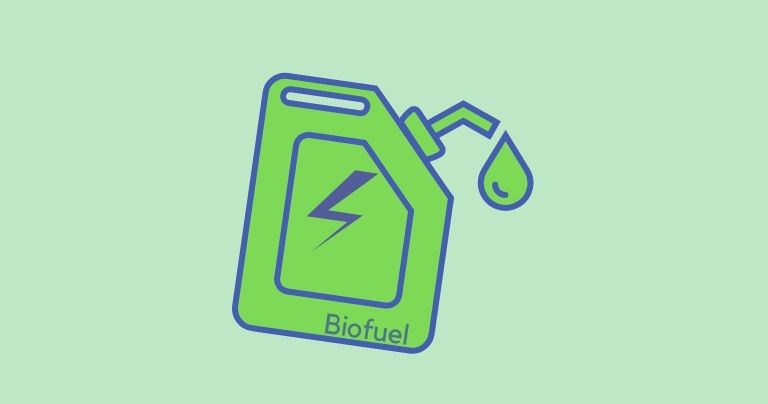Government notifies the national policy to promote Biofuels
By EPR Magazine Editorial December 6, 2021 6:14 pm IST
By EPR Magazine Editorial December 6, 2021 6:14 pm IST

The biotechnology department implements project on a self-sustainable model for energy generation by adopting clean technology.
The Minister of State for Petroleum and Natural Gas, Rameswar Teli in a written reply to a question in the Lok Sabha today informed that the government notified the National Policy on Biofuels (NPB) – 2018 on 04.06.2018 to promote the use of biofuels in the country. The NPB envisages an indicative target of 20 percent blending of ethanol in petrol by 2030 and 5 percent blending of biodiesel in diesel by 2030.
Some of the activities undertaken for technological development in the biofuel sector are as follows:
The measures taken by the government to promote the use of biofuels in the country include allowing use of sugarcane and food grains (maize and surplus stocks of rice with Food Corporation of India) for conversion to ethanol; administered price mechanism for procurement of ethanol under EBP Programme including enhanced ex-mill price of ethanol year on year from ethanol supply year 2017; lowered GST rate to 5 percent on ethanol and biodiesel for EBP and biodiesel blending Programme respectively; amendment in Industries (Development & Regulation) Act for free movement of ethanol; interest subvention scheme for enhancement and augmentation of ethanol production capacity in the country; opened 2G route for procurement of ethanol; allowing the direct sale of bio-diesel (B100) for blending with high-speed diesel etc.
At COP 21, as part of its Nationally Determined Contributions (NDCs), India had committed to achieving 40 percent of its installed electricity capacity from non-fossil energy sources by 2030. The country has achieved this target in November 2021 itself. The country’s installed Renewable Energy (RE) capacity today stands at 150.05 GW while its nuclear energy based installed electricity capacity stands at 6.78 GW. This brings the total non-fossil based installed energy capacity to 156.83 GW which is 40.1 percent of the total installed electricity capacity of 390.8 GW. In line with the Prime Minister’s announcement at the recently concluded CoP26, the Government is committed to achieving 500 GW of installed electricity capacity from non-fossil fuel sources by the year 2030.
We use cookies to personalize your experience. By continuing to visit this website you agree to our Terms & Conditions, Privacy Policy and Cookie Policy.